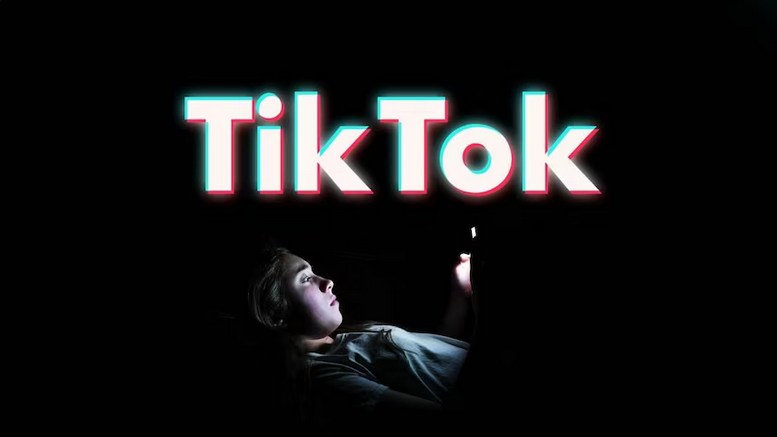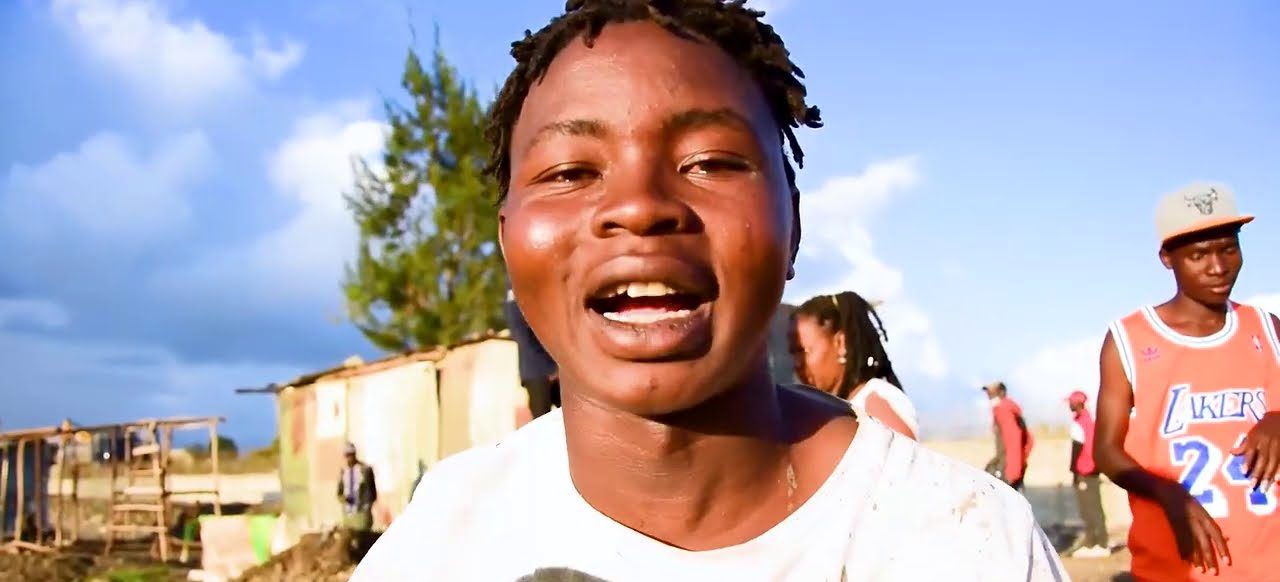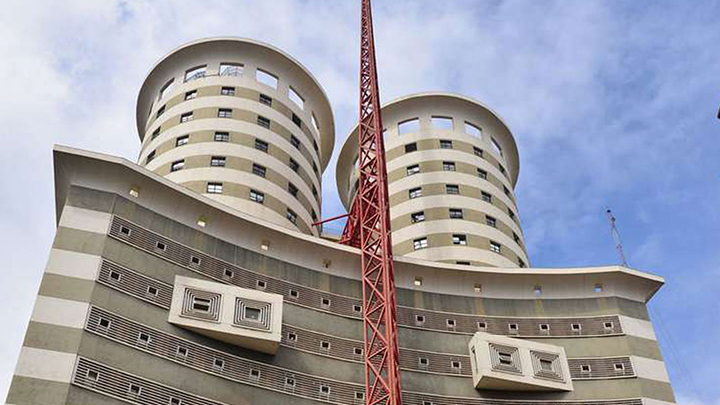Dismantling the Culture of Police Brutality
Image: A picture taken on May 16, 2016 in Nairobi shows Kenyan riot police beating an unresponsive fallen protester with wooden sticks until they break and repeatedly kick him several times. The incident has caused Kenya's police chief to order an internal investigation into the incident and other reported incidents of police brutality on the day. Police fired tear gas and beat opposition demonstrators with truncheons on May 16 to stop them storming the offices of the electoral commission in Nairobi as they demanded new commissioners to be named ahead of elections due in August 2017. / AFP / CARL DE SOUZA (Photo credit should read CARL DE SOUZA/AFP/Getty Images)The gnawing fear of interacting with law enforcement shouldn’t be a reality for any Kenyan citizen. Yet, for many in the Finance bill protests, encounters with the police were a terrifying gamble. Police brutality, the excessive use of force by officers, has become a stain on the badge, eroding trust and creating a system where many fear the very people sworn to protect them.
The constant stream of news about unarmed protestors being choked, beaten, or shot by police is a grim testament to this systemic problem. These incidents highlight not just individual actions, but a culture within some police forces that prioritizes control over de-escalation. Implicit bias and superficial profiling can lead officers to perceive threats where none exist, with devastating consequences.
This isn’t just about individual tragedies; it’s about the erosion of public trust. When communities fear the police, they become less likely to report crimes or cooperate with investigations. This creates a breeding ground for further violence and weakens the social fabric of our society.
The road to reform is long, but several key steps are essential. Police departments need comprehensive bias training that goes beyond one-time workshops. Body cameras can be a valuable tool for accountability, but only if coupled with clear policies on use and data retention. Diversifying police forces to better reflect the communities they serve is crucial for building trust. Additionally, independent investigations into police misconduct are essential to ensure transparency.
Police brutality is not inevitable. We can build a future where everyone feels safe interacting with law enforcement. It requires a collective effort: from legislative reform to community engagement to a cultural shift within police departments themselves. Justice demands nothing less.









